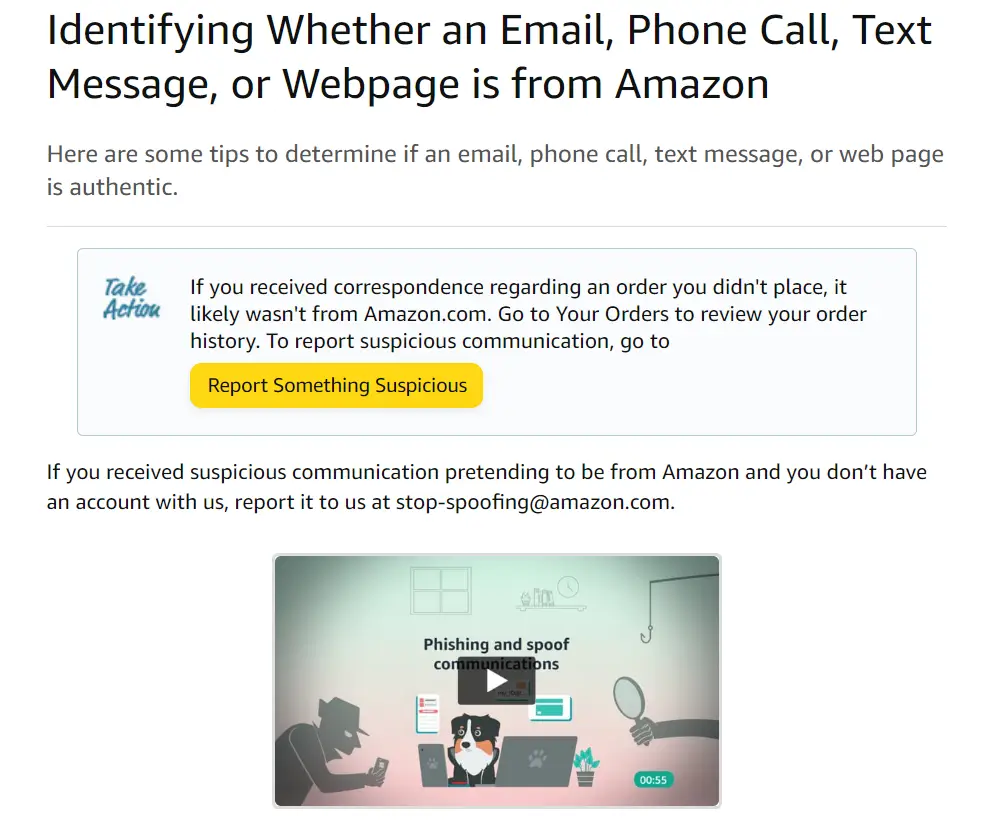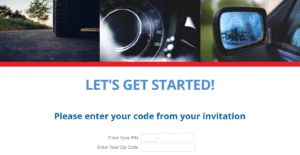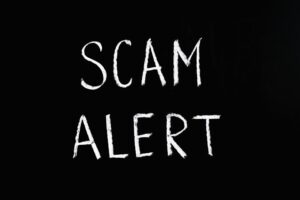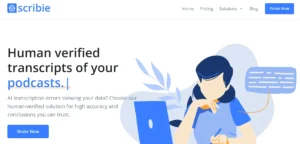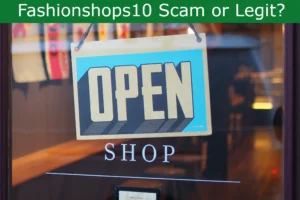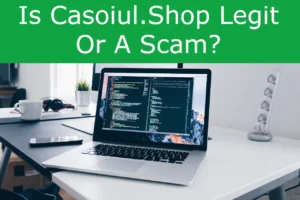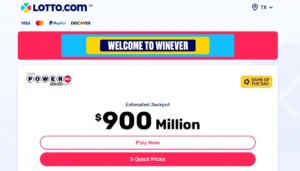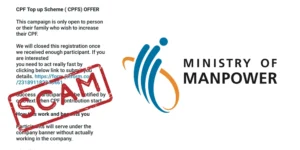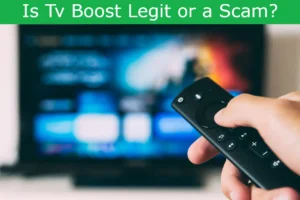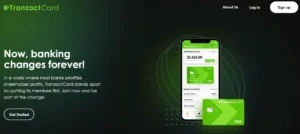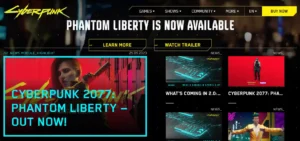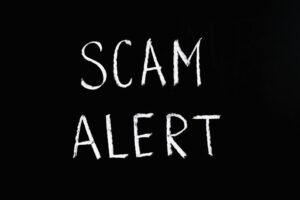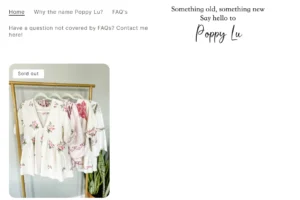Amazon Mastercard Gift Card Scam Email: Are you aware of the latest scam targeting Amazon Mastercard gift card recipients? Be on high alert for a deceptive email claiming to offer a special promotion or reward.
This article will explain how the scam works, the warning signs to look out for, and the tactics scammers use to trick victims into sharing personal information.
If you’ve fallen victim to this scam, don’t panic – we’ll also provide steps to take.
Stay informed and protect yourself from similar scams in the future.
Table of Contents
How the Amazon Mastercard Gift Card Scam Email Works
You frequently receive an email explaining how the Amazon Mastercard Gift Card Scam works.
It starts with an urgent message claiming that there’s been suspicious activity on your Amazon account. The email states that your account will be temporarily suspended unless you take immediate action.
To resolve the issue, you’re instructed to purchase an Amazon Mastercard Gift Card for a specific amount and provide the card details in a reply email.
The scammers create a sense of urgency and fear to manipulate you into following their instructions. Once you send the gift card details, the scammers quickly redeem it, leaving you with a loss and no resolution to the supposed account issue.
Warning Signs to Look Out for in the Scam Email
Be vigilant for red flags that indicate a scam email when reviewing the content. While the Amazon Mastercard Gift Card scam email may seem convincing at first glance, there are certain warning signs that can help you identify its fraudulent nature.
First, pay attention to the sender’s email address. Scammers often use email addresses that resemble legitimate ones but contain subtle differences. Look for spelling errors or unusual domain names.
Another red flag is poor grammar and spelling mistakes in the email itself. Legitimate companies usually have professional communication standards.
Additionally, beware of urgent requests for personal or financial information. Scammers often create a sense of urgency to pressure you into providing sensitive data.
Finally, be cautious of emails that ask you to click on suspicious links or download attachments. These could contain malware or lead to phishing websites.
Stay alert and always double-check before taking any action in response to such emails.
Tactics Scammers Use to Deceive Victims Into Sharing Personal Information
Their main goal is to gain your trust and manipulate you into divulging personal information. Scammers employ a range of tactics to deceive victims and trick them into sharing sensitive data.
One common tactic is impersonation, where scammers pose as a trusted individual or organization, such as a bank or a well-known company like Amazon. They may use official logos, email addresses, and even mimic the tone and language of legitimate communications to make their messages seem authentic.
Another tactic is urgency, where scammers create a sense of immediate action required, such as claiming your account is at risk or that you have won a prize that needs to be claimed immediately.
Steps to Take if You Have Fallen Victim to the Amazon Mastercard Gift Card Scam Email
After discovering that you have fallen victim to the Amazon Mastercard Gift Card Scam Email, take immediate action to protect your personal and financial information.
The first step is to contact your bank or credit card company and report the fraudulent activity. They’ll be able to freeze your account and prevent any further unauthorized transactions.
Next, change all your passwords for online accounts, especially if you used the same password for multiple platforms. Be sure to use strong and unique passwords that include a combination of letters, numbers, and special characters.
It’s also important to monitor your accounts regularly for any suspicious activity and report it immediately.
Additionally, consider filing a complaint with your local law enforcement agency and the Federal Trade Commission (FTC).
Tips for Protecting Yourself From Falling Prey to Similar Scams in the Future
By staying vigilant and regularly updating your security measures, you can effectively protect yourself from falling prey to similar scams in the future.
One of the most important steps you can take is to be cautious when opening emails or clicking on links from unknown sources. Scammers often use phishing techniques to trick you into providing personal information or downloading malicious software.
It’s also crucial to keep your devices and software up to date with the latest security patches. This helps to fix any vulnerabilities that scammers may exploit.
Additionally, consider using strong, unique passwords for all your online accounts and enable two-factor authentication whenever possible.
Lastly, educate yourself about current scams and tactics used by scammers. Being informed will help you recognize suspicious activity and avoid becoming a victim.
Frequently Asked Questions
How Can I Identify if the Amazon Mastercard Gift Card Scam Email Is Authentic or a Scam?
To identify if the email is authentic or a scam, look for red flags like:
- Misspellings
- Grammar errors
- Generic greetings
- Urgent requests for personal information
- Suspicious links
Trust your instincts and contact Amazon directly to verify the email.
Can Scammers Access My Personal Information Through the Amazon Mastercard Gift Card Scam Email?
Yes, scammers can access your personal information through the Amazon Mastercard Gift Card scam email.
Be cautious and avoid clicking any links or providing sensitive information to protect yourself from identity theft or fraud.
What Sort of Consequences Can I Face if I Fall Victim to the Amazon Mastercard Gift Card Scam Email?
If you fall victim to the Amazon Mastercard Gift Card Scam Email, you may face financial loss. This scam can result in your money being stolen and your bank account being compromised. It’s crucial to be cautious and report any suspicious activity immediately.
In addition to financial loss, the scam email can also lead to compromised personal information. Scammers may try to trick you into providing sensitive information such as your social security number or credit card details. This can put your identity at risk and make you vulnerable to identity theft.
To protect yourself, it’s important to be aware of the signs of a scam email. Look out for misspellings, grammatical errors, and requests for personal information. Be skeptical of emails that ask for immediate action or offer deals that seem too good to be true.
If you receive a suspicious email claiming to be from Amazon or any other company, don’t click on any links or download any attachments. Instead, report the email to the company and delete it from your inbox.
Is It Possible to Track Down the Scammers Behind the Amazon Mastercard Gift Card Scam Email?
It is possible to track down scammers behind scams like the Amazon Mastercard Gift Card scam email.
Law enforcement agencies and cybersecurity experts work together to investigate and catch these criminals.
Are There Any Legal Actions I Can Take if I Have Fallen Victim to the Amazon Mastercard Gift Card Scam Email?
If you have fallen victim to a scam email involving an Amazon Mastercard gift card, there may be legal actions you can take.
Consult with local authorities and consider reporting the incident to your bank and the Federal Trade Commission.
Conclusion
In conclusion, it’s essential to stay vigilant and cautious when it comes to emails claiming to offer Amazon Mastercard gift cards. Scammers use various tactics to deceive victims into sharing personal information, putting their finances and identity at risk.
If you have fallen victim to such a scam, it’s crucial to take immediate action and report the incident.
By staying informed and following security measures, you can protect yourself from falling prey to similar scams in the future.
Also Read
Is Store-News@Amazon Legit? Amazon Gift Card Email Scam

